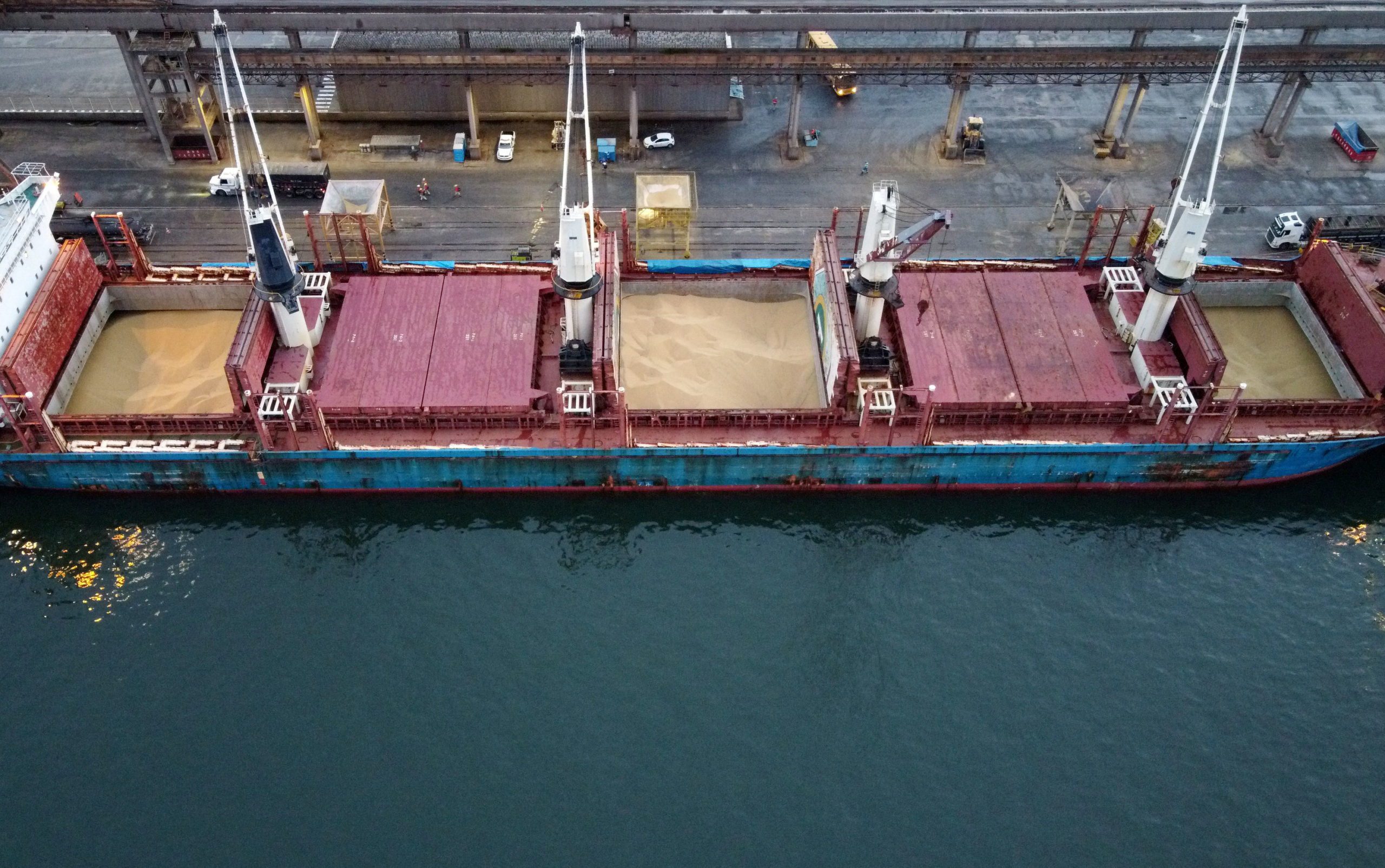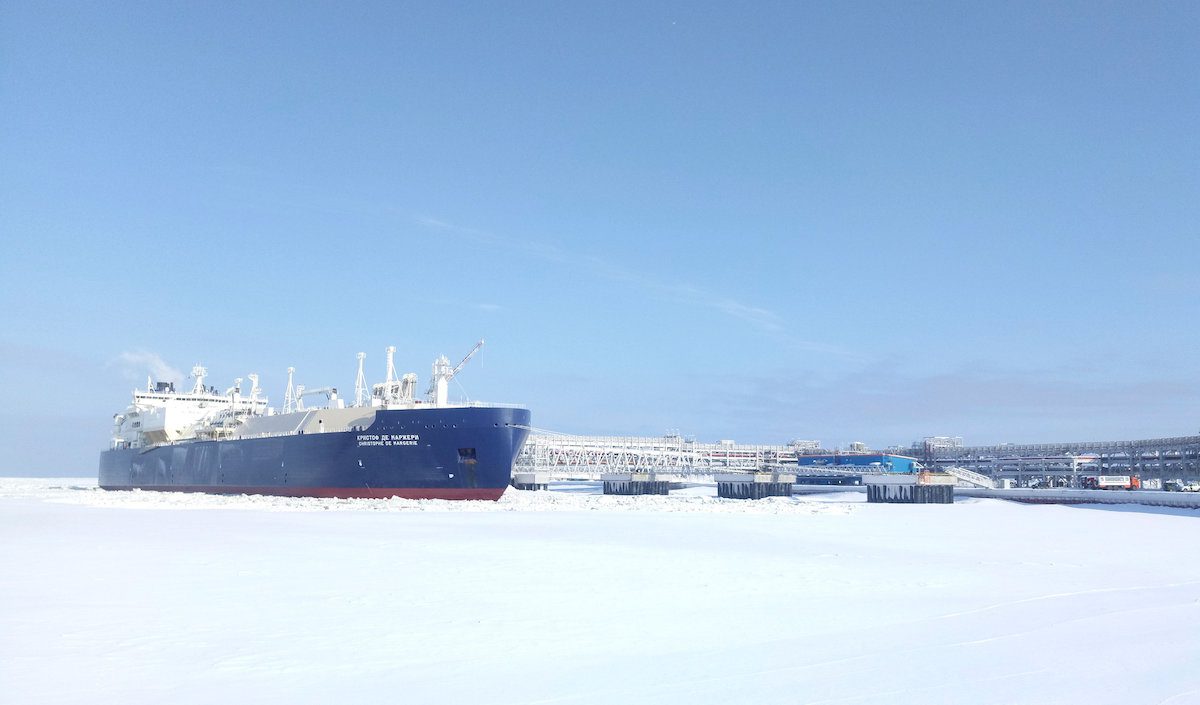By Lisa Baertlein
LOS ANGELES, May 31 (Reuters) – Spiking ocean shipping rates, vessel backups at seaports and empty container shortages – issues that wreaked havoc on global trade during the COVID pandemic supply-chain crisis – are back as the industry enters its busy season.
“There is a cocktail of uncertainty and disruption across global ocean freight supply chains,” said Peter Sand, chief analyst at pricing platform Xeneta.
“It is the speed and magnitude of this recent (rate) spike that has taken the market by surprise,” he said.
On Friday, the spot rate to send a 40-foot (12 meter)container from China to North Europe was $4,615, almost 3.5 times higher than on May 1, but below the all-time high of $14,407 on January 2022, Sand said. That rate excludes $10,000 “diamond tier” rates for priority shipments.
The China to U.S. East Coast spot rate was $6,061 on Friday. That rate was $2,772 on May 1 and hit a record high of $11,900 in January 2022, he said.
The container industry’s woes trace back to December, when Maersk, Hapag-Lloyd and other shipping lines diverted vessels away from the Red Sea and Suez Canal to avoid Houthi drone and missile attacks from Yemen.
Ships on the China to Europe and China to U.S. East Coast lanes are instead sailing around Africa, cascading disruptions and higher costs across supply chains that rely on ocean vessels that transport about 80% of international trade volume.
Pricing experts said spot rates would keep rising as retailers like Walmart and Target stock up for the back-to-school, Thanksgiving and Christmas holidays, and as manufacturers and importers rush in goods to avoid possible tariff hikes.
“In the near term we will see a significant crunch in the form of very elevated rates and additional delays,” Judah Levine, head of research at Freightos, said.
Port congestion in China and other Asian countries is pressuring an over-stretched container shipping market that is already reeling from shortages in vessel space and equipment, analytics provider Linerlytica said in a recent report.
Singapore, the world’s second-busiest container port, is now experiencing severe delays. Some ships are skipping calls there, upending schedules at downstream ports, Linerlytica said.
Empty containers also are piling up in Sri Lanka and the United Arab Emirates, while China and Singapore are reporting shortages, said Koray Kose, chief industry officer at Everstream Analytics.
“We’re sailing into the storm,” Kose said.
(Reporting by Lisa Baertlein in Los Angeles; Editing by Bill Berkrot)
(c) Copyright Thomson Reuters 2024.

 Join The Club
Join The Club











